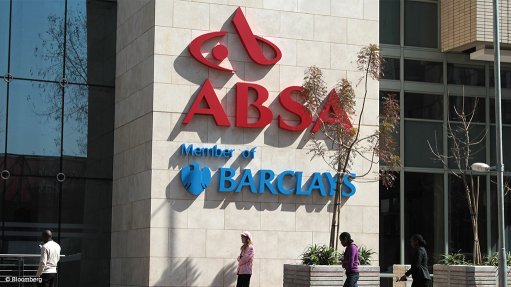
Photo by: Bloomberg
Absa CEO Maria Ramos will retire at the end of February when she turns 60 and becomes eligible to do so, the banking group said on Tuesday.
Ramos has been group CEO since 2009 and has led Absa through significant milestones including acquiring Barclays’s Africa subsidiary banks; the sell-down and the start of separation from Barclays and establishing a new strategy as a standalone financial institution.
Absa said its board had appointed René van Wyk, a non-executive director since February 2017, as interim chief executive with effect from March 1.
Van Wyk was previously registrar of banks at the South African Reserve Bank until May 2016. He spent 19 years at Nedbank, including as executive director of risk for the then listed Nedcor Investment Bank, and was also CEO of Imperial Bank.
Absa said van Wyk would be classified as an executive director with effect from February 1.
"Absa will announce a permanent appointment to the position of group chief executive in due course, following the finalisation of the ongoing process of appointing a new CEO, and the requisite regulatory approvals," the bank said.
Absa Group chairperson Wendy Lucas-Bull said with Ramos at the helm, the company had changed from being a South African bank to a pan-African financial services provider with a footprint in ten countries across the continent.
Ramos said had her intention to step down earlier had been curtailed by Barclays Plc's 2016 decision to sell down its controlling stake in Absa, a unique set of circumstances that required continuity.
"So with my coming 60th birthday I have made the decision to leave the position open for a new chief executive to lead the group on the next leg of its exciting journey," she said.
Under her leadership, Absa acquired Barclays’s eight African subsidiaries for R18.3-billion in 2013, the largest African acquisition ever by a South African bank.
She led the separation negotiations with Barclays which resulted in a R12.6-billion upfront contribution plus R2-billion earmarked for black economic empowerment.